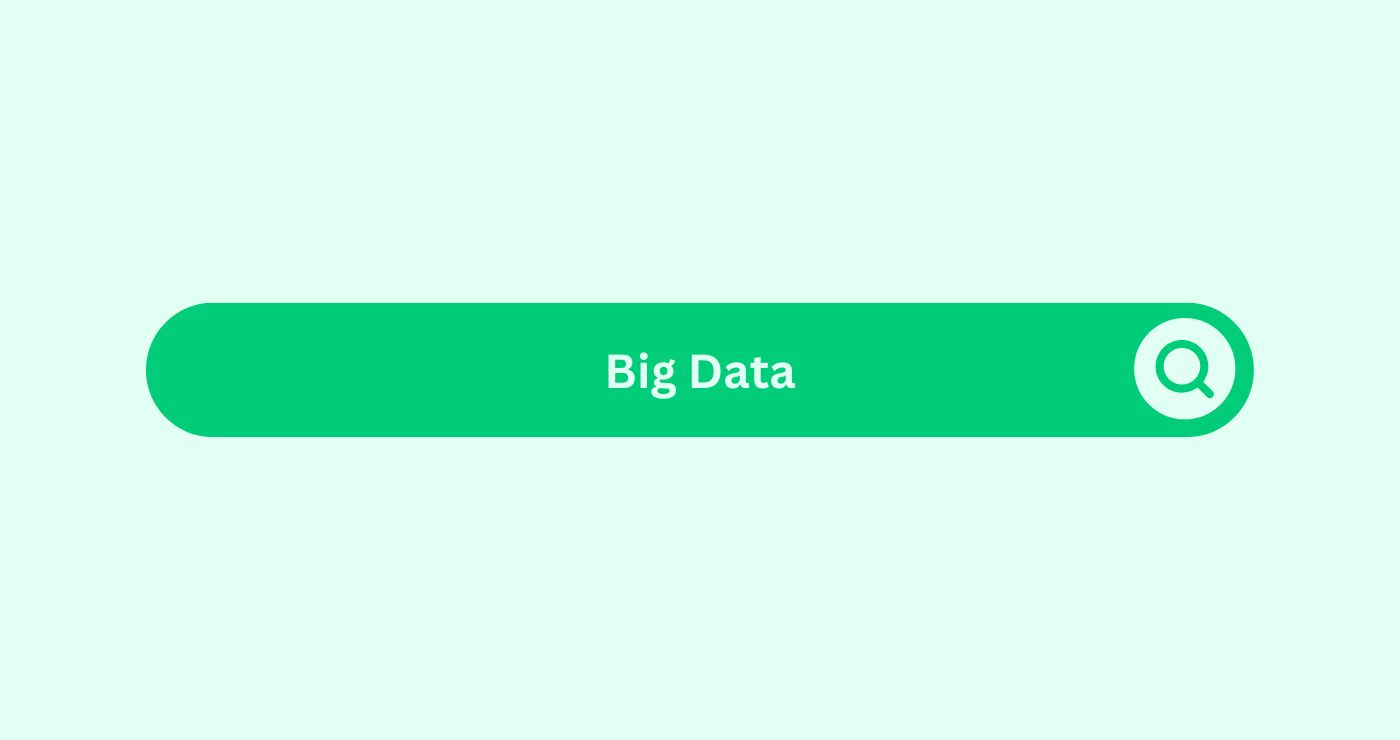Definition
Big Data in AI terms in content marketingDefinition Content marketing strategically creates and share... refers to the large-scale collection, processing, and analysis of massive volumes of structured and unstructured dataDefinition
Unstructured data refers to information that ... to improve content strategies, audienceDefinition The term "Audience" refers to the group of indivi... targeting, and SEO performance. By leveraging AI algorithms, marketing teams gain real-time insights from user behaviourDefinition What is User Behaviour in Social Media Marketing?..., search trends, social mediaWhat is Social Media? Social media refers to online platform... signals, and competitor performance.
A performance marketing agency – Auckland can integrate Big Data with AI-powered platforms to personalise content, optimise publishing times, enhance keyword researchDefinition Keyword research involves identifying and analysi..., and segment audiences based on behavioural patterns. This leads to more relevant campaigns and higher ROI. Big Data not only increases marketing efficiency but also empowers SEO companies to make data-backed contentDefinition Data-Backed Content uses reliable data to enhance... decisions that align with audienceDefinition The term "Audience" refers to the group of indivi... intent and search engine trends.
Big Data includes the 3 Vs—Volume (huge datasets), Velocity (speed of data processing), and Variety (multiple data types). In content marketingDefinition Content marketing strategically creates and share..., it helps predict what type of content will perform well, when to post it, and how to refine campaigns for different audienceDefinition The term "Audience" refers to the group of indivi... segments.
Example
A digital marketing Auckland agency used Big Data tools to analyse 10 million user interactions across client websites. AI models identified that weekday blog posts between 9–11 a.m. had 43% higher engagementDefinition Engagement in content marketing refers to the deg... than other times. It also showed that longer-form content (1,200+ words) resulted in 60% more backlinksWhat are backlinks in the context of SEO? Backlinks, also kn... compared to shorter blogs.
Using this insight, the agency restructured its editorial calendarDefinition Content creators, marketers, and SEO professional..., increased word count targets, and optimised publishing windows. The result was a 47% trafficDefinition In the context of SEO (Search Engine Optimisation... increase in 8 weeks and a 33% boost in domain authorityDefinition Domain Authority (DA) predicts a website's rankin... for client websites. Without Big Data, these content adjustments would have relied on guesswork.
Formulas
Here are some simplified calculations to evaluate content performance using Big Data insights:
| Formula | Description | Example |
|---|---|---|
| CTR = (Clicks / ImpressionsDefinition Impressions track campaign effectiveness for digi...) × 100 | Measures how often people click your content | (2,400 / 12,000) × 100 = 20% |
| Engagement RateDefinition The engagement rate in social media marketing mea... = (Engagements / Views) × 100 | Evaluates audienceDefinition The term "Audience" refers to the group of indivi... interaction | (1,800 / 6,000) × 100 = 30% |
| Content ROI = (Revenue – Cost) / Cost | Shows profit from a campaignDefinition An SEO campaign involves focused, Organised effor... | ($15,000 – $5,000) / $5,000 = 2.0x |
| Bounce RateDefinition Bounce Rate in social media marketing refers to t... = (Bounced Sessions / Total Sessions) × 100 | Indicates visit quality | (300 / 1,000) × 100 = 30% |
These formulas help Auckland SEO experts make accurate decisions about where to invest content resources and how to adjust strategy based on measurable results.
Key Takeaways
- Big Data enables AI-powered, user-centric content strategies tailored for SEO.
- Real-time data analyticsDefinition In SEO, analytics involves collecting, measuring,... helps predict content trends and optimise publishing.
- Agencies use Big Data to personalise campaigns and boost engagementDefinition Engagement in content marketing refers to the deg....
- With Big Data, SEO companies can measure content ROI with greater precision.
- Auckland agencies leveraging Big Data stay competitive in fast-paced digital markets.
FAQs
What is the role of Big Data in content marketing?
Big Data helps marketers analyse large-scale user behaviourDefinition What is User Behaviour in Social Media Marketing?... to personalise, time, and optimise content effectively.
How does Big Data enhance SEO strategy?
It provides keyword trends, backlink profiles, bounce rates, and ranking predictors that drive data-informed decisions.
Can a performance marketing agency use Big Data effectively?
Yes. These agencies can optimise paid campaigns and organic reach using segmented data and AI-powered insights.
Is Big Data expensive to implement?
Not necessarily. Many tools offer scalable pricing, and the long-term ROI often outweighs the initial investment.
How do Auckland SEO experts use Big Data?
They analyse regional search intent, keyword volumes, and competitor activity to create targeted content strategies.




